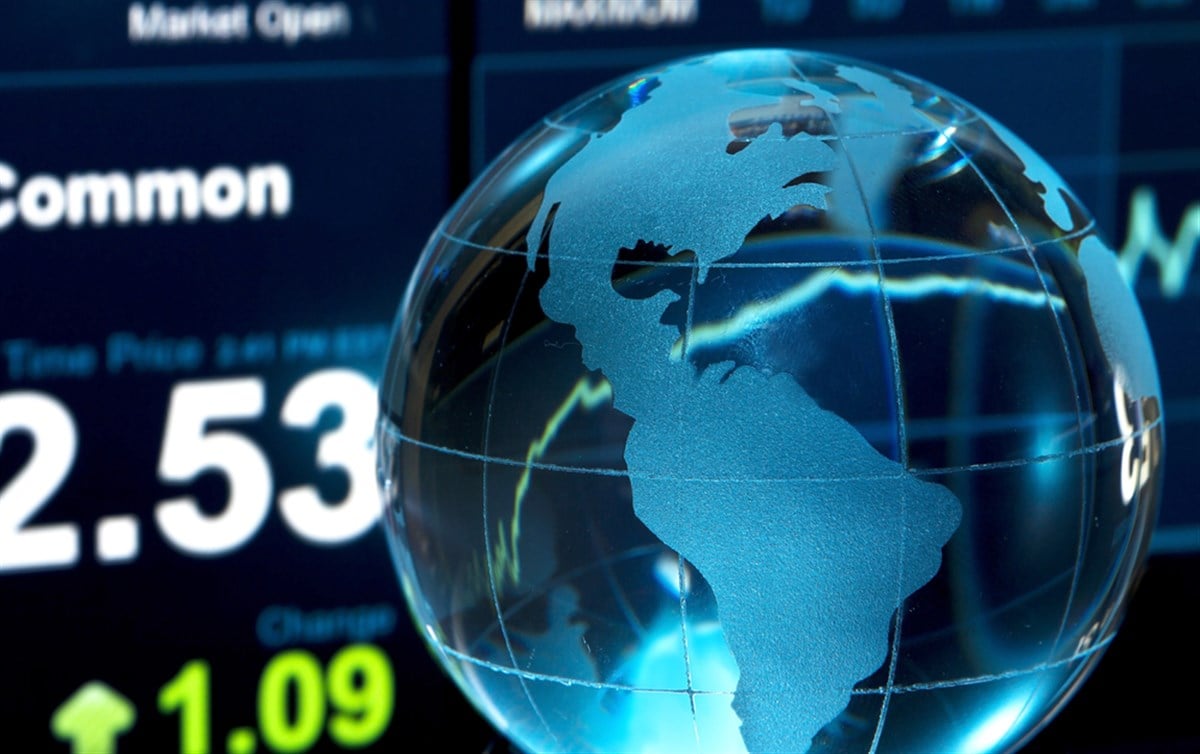Top 3 Emerging Market ETFs: Unlocking Global Growth Potential

Emerging markets represent a compelling investment opportunity because they invest in rapidly developing economies poised for substantial growth. These markets offer a unique blend of high-growth potential and increased risks. For investors seeking to diversify their portfolios, emerging market Exchange-Traded Funds (ETFs) provide an accessible avenue to tap into the economic expansion of these developing nations. However, navigating the complexities of emerging markets requires a thorough understanding of the inherent risks, including political instability, currency fluctuations, and variable regulatory environments. Let's take a few minutes and go over the basics you need to know in order to get started investing in emerging markets.
Understanding the Allure of Emerging Markets
Emerging markets are nations experiencing rapid economic growth and industrialization. These economies often exhibit common characteristics, such as developing financial markets, higher economic growth rates than developed markets, a burgeoning middle class, and increasing foreign investment.
Countries typically classified as emerging markets include Brazil, Russia, India, China, and South Africa (collectively known as the BRICS nations), along with many countries in Southeast Asia, Latin America, and Eastern Europe. These markets offer significant potential due to their expanding consumer bases and increasing integration into the global economy. Investing in these markets, however, is often accompanied by higher volatility and risk compared to developed markets.
Exchange-Traded Funds: A Gateway to Emerging Markets
ETFs have become popular vehicles for investors to gain exposure to various asset classes, including emerging markets. These investment funds hold a basket of securities, such as stocks or bonds, and typically track a specific index. They trade on stock exchanges like individual stocks, offering investors intraday liquidity and ease of trading.
Most emerging market ETFs are passively managed, meaning they replicate the performance of a chosen index rather than actively selecting individual stocks. This passive approach generally results in lower expense ratios compared to actively managed mutual funds. ETFs also offer diversification benefits by providing exposure to a wide range of companies within a single investment, reducing the risk associated with investing in individual stocks.
Several ETFs offer exposure to emerging markets, each with unique characteristics that cater to different investor profiles. When considering investing in emerging market ETFs, it's crucial to understand the differences between the funds available. Let's examine three of the most prominent ETFs, each offering a unique approach to tapping into these markets' potential.
iShares MSCI: A Classic Choice With High Liquidity
For investors seeking a well-established and highly liquid option, the iShares MSCI Emerging Markets ETF (NYSEARCA: EEM) is a strong contender. This fund, managed by BlackRock, is one of the oldest emerging market ETFs, boasting a track record that dates back to its inception in 2003. EEM aims to mirror the performance of the MSCI Emerging Markets Index, a widely recognized benchmark comprising large and mid-cap companies across a multitude of emerging market nations.
With $17.80 billion in assets under management as of December 20, 2024, EEM offers unparalleled liquidity, trading an average of nearly 28 million shares daily. This high trading volume makes it an excellent choice for investors who prioritize the ability to enter and exit positions quickly and efficiently. It is important to note that EEM does not include South Korea in its holdings. EEM has an expense ratio of 0.70%. While this is higher than some of its peers, the fund's liquidity and established presence may justify the cost for confident investors.
Vanguard FTSE: Broad Diversification at a Bargain Price
If broad diversification and cost-effectiveness are your primary concerns, the Vanguard FTSE Emerging Markets ETF (NYSEARCA: VWO) is an exceptional choice. This ETF tracks the FTSE Emerging Markets All Cap China A Inclusion Index, which encompasses a vast basket of over 4,500 stocks, including large, mid, and small-cap companies across emerging markets, including South Korea.
This extensive coverage provides investors with exposure to a broader array of companies and sectors compared to more narrowly focused funds. VWO's standout feature is its remarkably low expense ratio of just 0.08%, making it one of the most cost-efficient options in the emerging markets space. This low cost, combined with the fund's comprehensive diversification, has attracted substantial assets, with AUM reaching $81.16 billion as of December 20, 2024.
Furthermore, Vanguard recently revised VWO's diversification policy. This change allows the fund to maintain its investment objective of tracking its target index even if it becomes "non-diversified" due to index rebalances or market movements. For long-term investors seeking broad exposure to emerging markets at an unbeatable price, VWO presents a compelling proposition. The fund also boasts a 3.59% dividend yield as of December 20, 2024, which is the highest dividend yield out of the three funds reviewed.
iShares Core MSCI: A Comprehensive Core Holding
For investors seeking a balanced approach that combines broad diversification with cost efficiency, the iShares Core MSCI Emerging Markets ETF (NYSEARCA: IEMG) is an attractive option. This fund, also managed by BlackRock, tracks the MSCI Emerging Markets Investable Market Index (IMI), which includes large, mid, and small-cap companies, providing a comprehensive representation of the emerging markets universe, including South Korea.
With an expense ratio of 0.09%, IEMG is highly competitive in terms of cost. As of December 20, 2024, the fund's AUM stood at $81.80 billion, reflecting its popularity among investors. IEMG holds approximately 2,957 stocks, offering a level of diversification that surpasses EEM but doesn't quite reach VWO's breadth. IEMG provides ample liquidity to most investors. For those seeking a core emerging market holding that balances broad exposure with cost-effectiveness, IEMG is an excellent choice.
Investing in Tomorrow's Giants
Emerging market ETFs can be a valuable addition to a diversified investment portfolio, providing exposure to the growth potential of developing economies. The three funds we reviewed today each offer unique features and cater to different investment objectives.
However, investors must carefully consider the risks associated with emerging markets and conduct thorough due diligence before investing. Staying informed about global economic trends and consulting with a financial advisor can help investors make informed decisions about incorporating emerging market ETFs into their portfolios.
Learn more about VWO


